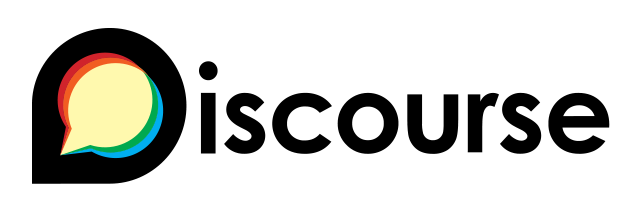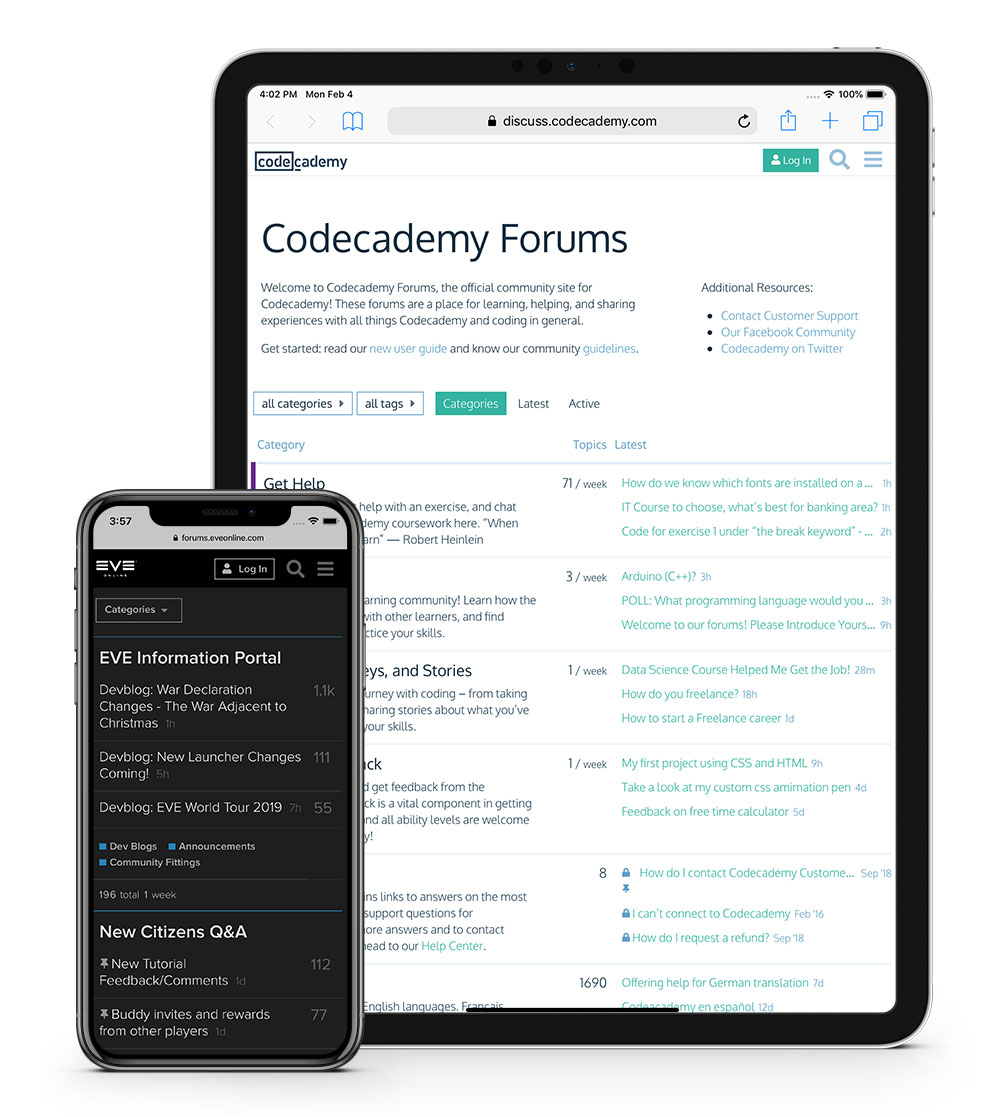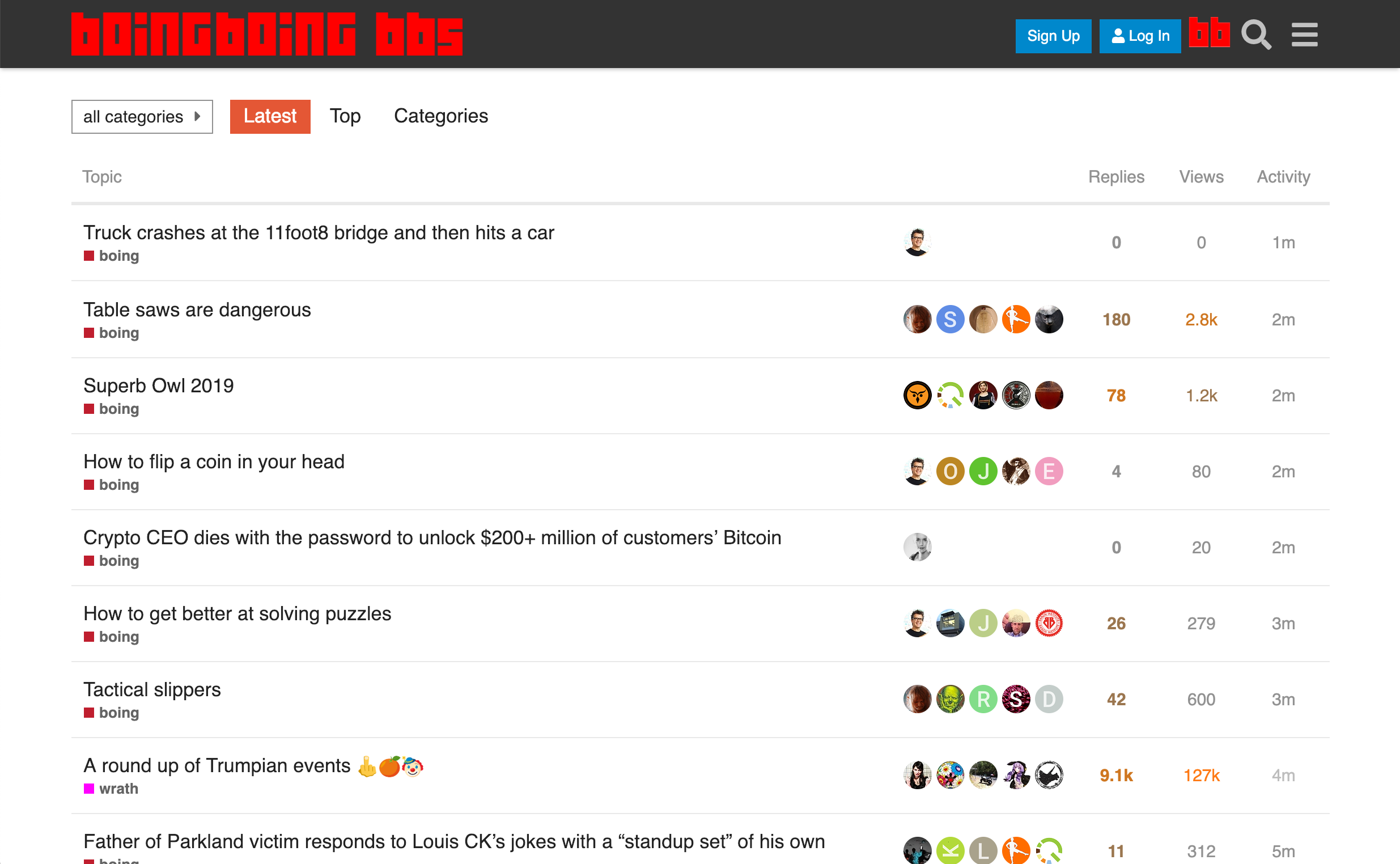__container__ workaround in tests (#15498)
Modern Ember only sets up a container when the ApplicationInstance is booted. We have legacy code which relies on having access to a container before boot (e.g. during pre-initializers). In production we run with the default `autoboot` flag, which triggers Ember's internal `_globalsMode` flag, which sets up an ApplicationInstance immediately when an Application is initialized (via the `_buildDeprecatedInstance` method). In tests, we worked around the problem by creating a fresh container, and placing a reference to it under `Discourse.__container__`. HOWEVER, Ember was still creating a Container instance for each ApplicationInstance to use internally, and make available to EmberObjects via injection. The `Discourse.__container__` instance we created was barely used at all. Having two different Container instances in play could cause some weird issues. For example, I noticed the problem because the `appEvents` instance held by DiscourseURL was different to the `appEvents` instance held by all the Ember components in our app. This meant that events triggered by DiscourseURL were not picked up by components in test mode. This commit makes the hack more robust by ensuring that Ember re-uses the Container instance which we created pre-boot. This means we only have one Container instance in play, and makes `appEvents` work reliably across all parts of the app. It also adds detailed comments describing the hack, to help future travelers. Hopefully in future we can remove this hack entirely, but it will require significant refactoring to our initialization process in Core and Plugins. The mapping-router and map-routes initializer are updated to avoid the need for `container.lookup` during teardown. This isn't allowed under modern Ember, but was previously working for us because the pre-initializer was using the 'fake' container which was not ember-managed.

Discourse is the 100% open source discussion platform built for the next decade of the Internet. Use it as a:
- mailing list
- discussion forum
- long-form chat room
To learn more about the philosophy and goals of the project, visit discourse.org.
Screenshots

Browse lots more notable Discourse instances.
Development
To get your environment setup, follow the community setup guide for your operating system.
- If you're on macOS, try the macOS development guide.
- If you're on Ubuntu, try the Ubuntu development guide.
- If you're on Windows, try the Windows 10 development guide.
If you're familiar with how Rails works and are comfortable setting up your own environment, you can also try out the Discourse Advanced Developer Guide, which is aimed primarily at Ubuntu and macOS environments.
Before you get started, ensure you have the following minimum versions: Ruby 2.7+, PostgreSQL 13+, Redis 6.0+. If you're having trouble, please see our TROUBLESHOOTING GUIDE first!
Setting up Discourse
If you want to set up a Discourse forum for production use, see our Discourse Install Guide.
If you're looking for business class hosting, see discourse.org/buy.
If you're looking for our remote work solution, see teams.discourse.com.
Requirements
Discourse is built for the next 10 years of the Internet, so our requirements are high.
Discourse supports the latest, stable releases of all major browsers and platforms:
| Browsers | Tablets | Phones |
|---|---|---|
| Apple Safari | iPadOS | iOS |
| Google Chrome | Android | Android |
| Microsoft Edge | ||
| Mozilla Firefox |
Built With
- Ruby on Rails — Our back end API is a Rails app. It responds to requests RESTfully in JSON.
- Ember.js — Our front end is an Ember.js app that communicates with the Rails API.
- PostgreSQL — Our main data store is in Postgres.
- Redis — We use Redis as a cache and for transient data.
- BrowserStack — We use BrowserStack to test on real devices and browsers.
Plus lots of Ruby Gems, a complete list of which is at /main/Gemfile.
Contributing
Discourse is 100% free and open source. We encourage and support an active, healthy community that accepts contributions from the public – including you!
Before contributing to Discourse:
- Please read the complete mission statements on discourse.org. Yes we actually believe this stuff; you should too.
- Read and sign the Electronic Discourse Forums Contribution License Agreement.
- Dig into CONTRIBUTING.MD, which covers submitting bugs, requesting new features, preparing your code for a pull request, etc.
- Always strive to collaborate with mutual respect.
- Not sure what to work on? We've got some ideas.
We look forward to seeing your pull requests!
Security
We take security very seriously at Discourse; all our code is 100% open source and peer reviewed. Please read our security guide for an overview of security measures in Discourse, or if you wish to report a security issue.
The Discourse Team
The original Discourse code contributors can be found in AUTHORS.MD. For a complete list of the many individuals that contributed to the design and implementation of Discourse, please refer to the official Discourse blog and GitHub's list of contributors.
Copyright / License
Copyright 2014 - 2021 Civilized Discourse Construction Kit, Inc.
Licensed under the GNU General Public License Version 2.0 (or later); you may not use this work except in compliance with the License. You may obtain a copy of the License in the LICENSE file, or at:
https://www.gnu.org/licenses/old-licenses/gpl-2.0.txt
Unless required by applicable law or agreed to in writing, software distributed under the License is distributed on an "AS IS" BASIS, WITHOUT WARRANTIES OR CONDITIONS OF ANY KIND, either express or implied. See the License for the specific language governing permissions and limitations under the License.
Discourse logo and “Discourse Forum” ®, Civilized Discourse Construction Kit, Inc.
Dedication
Discourse is built with love, Internet style.


